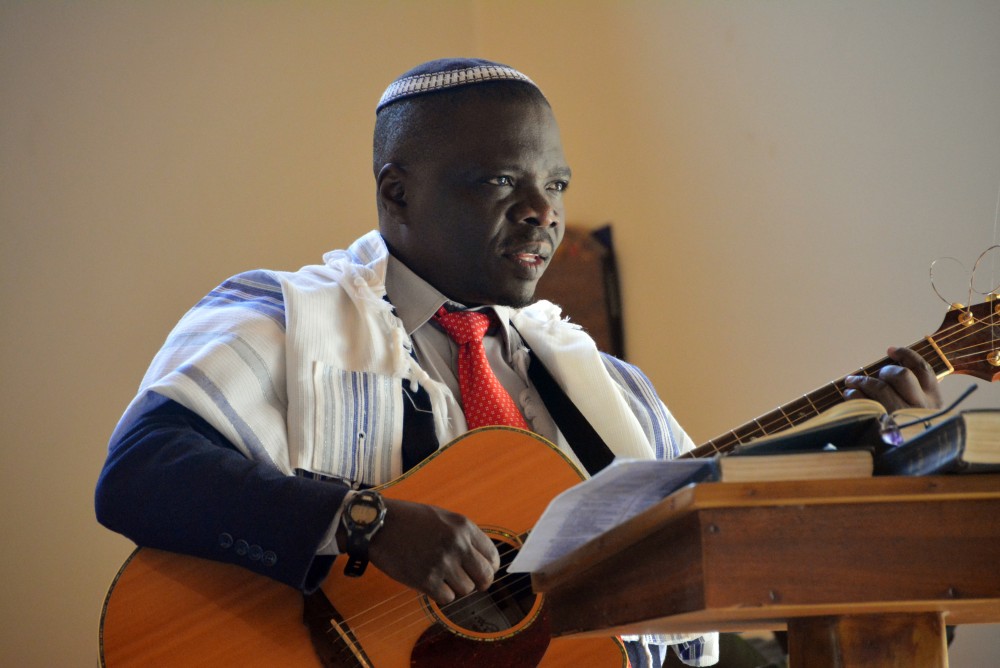Conflict between brothers splits Uganda’s thriving Abayudaya Jewish community
Gershom Sizomu is rabbi of the community of 2,000 people that belongs to the Conservative movement, while his brother has led a splinter group seeking to convert to Orthodox Judaism.

A conflict between brothers is threatening to split the Abayudaya, or “the people of Judah,” in Mbale district, Uganda.
Supporters of Gershom Sizomu, rabbi of the community of 2,000 people practicing Conservative Judaism, are pitted against his half brother, Joab Jonadab Keki.
Keki, 59, has accused Sizomu, 49, of mismanagement of the community’s funds and properties, including its synagogue, health clinic, school, the rabbi’s house, and another residence.




